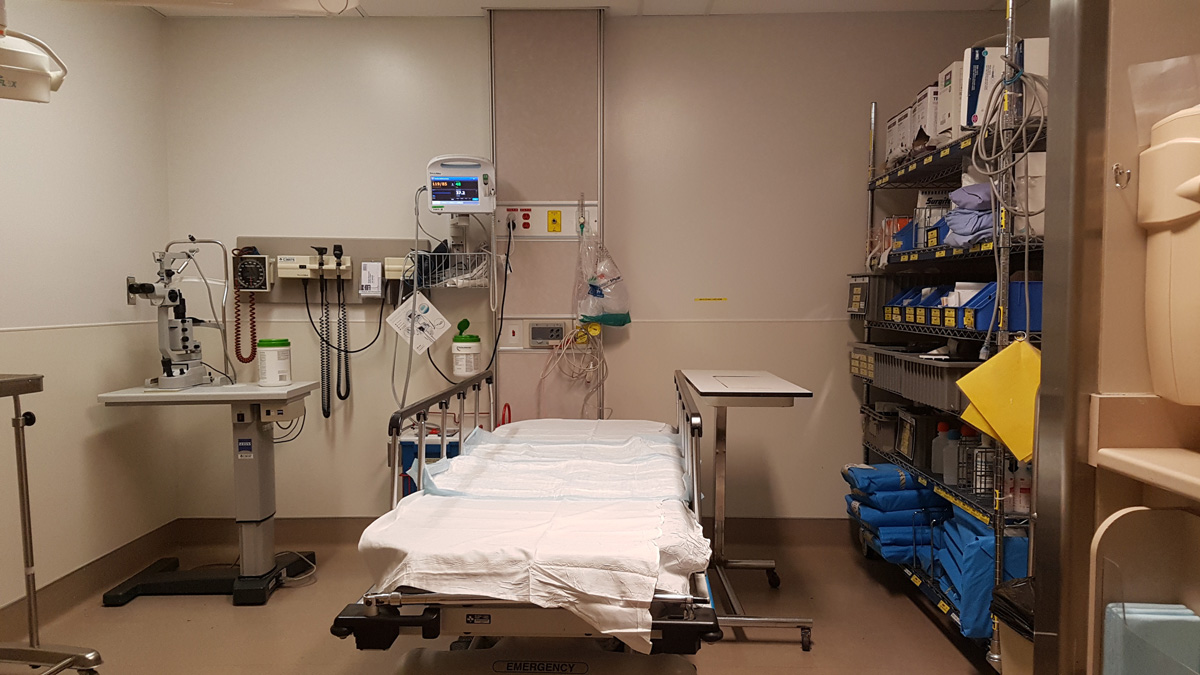 Allan McDougall
Allan McDougallThis September, I attended my sixth annual AIDS Walk, hosted by HIV Edmonton. I took an interest in HIV/AIDS as a global and local problem when I chose to present on it for a grade ten high school project. Instead of choosing an easy route of searching up what HIV/AIDS is online and presenting uncovered information, I decided to search up sites in Edmonton where HIV-related services are offered. Since this experience I am now in my fourth year of university and hope that I will spend my life — or however long it takes until there are zero deaths, new transmissions, and no more stigma — being open about the issue of HIV/AIDS.
For those of you who have not heard about HIV Edmonton, it is a very friendly place. As part of my high school project I contacted them and immediately they invited me to attend HIV Edmonton for a talk and tour. I walked away from this experience feeling that, although I was only fifteen years old, I could make a real difference in my community.
Usually when I tell people I am passionate about dealing with HIV/AIDS, they either are confused or seem a bit uncomfortable. From my perspective, if you are concerned about other social justice issues such as poverty, feminism, LGBQT+ rights, systemic racial or ethnic oppression, and global inequality, you should also be concerned with HIV/AIDS. This issue is not too far removed from the others. This is because these marginalized populations have reduced access to healthcare resources (not just physically; among other things, they may not feel comfortable visiting healthcare professionals because of stigma or discrimination). Men who have sex with men (MSM) are overrepresented in HIV diagnoses, as are intravenous drug users, some people who identify with the LGBQT+ community, such as gay men and trans people, Aboriginal people, and other ethnic minorities.
Life can be more difficult with HIV/AIDS, especially if you already represent a marginalized population. On top of that, stigma still exists and makes it more difficult for many people with HIV/AIDS to disclose their status when they should (before engaging in sexual activity for instance) or to receive proper medical care.
One of the biggest misconceptions about HIV/AIDS, though, is that if you are not an intravenous drug user, or do not represent a more vulnerable population, you are not at risk for contracting HIV. The truth is, as a newly-released Global News article shows, the rates of HIV are increasing in Edmonton, and these rates include young people, who have one of the highest new rates of transmission. As many as 21 per cent of Canadians with HIV do not know they are positive, and 2015 data indicates that a quarter of new diagnoses were among youth (high school to university age and older). There are people at the University of Alberta who are, like the general population, susceptible to getting HIV.




